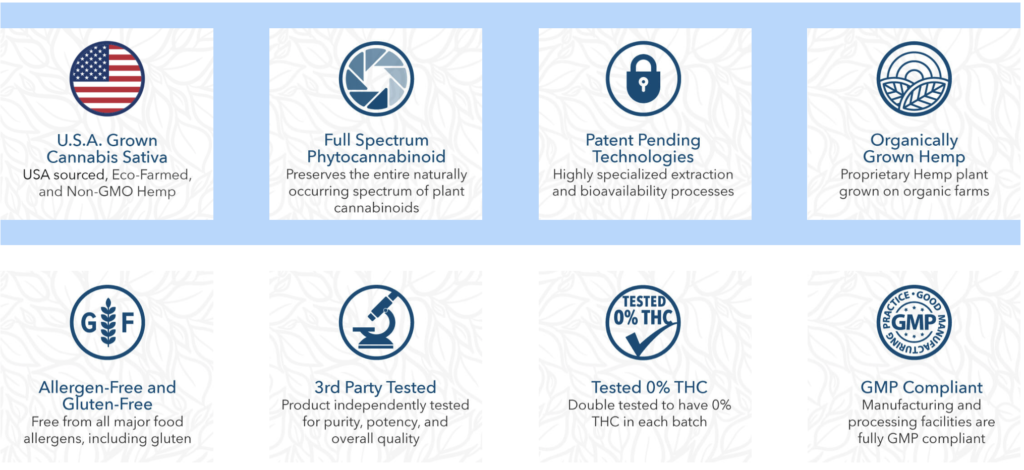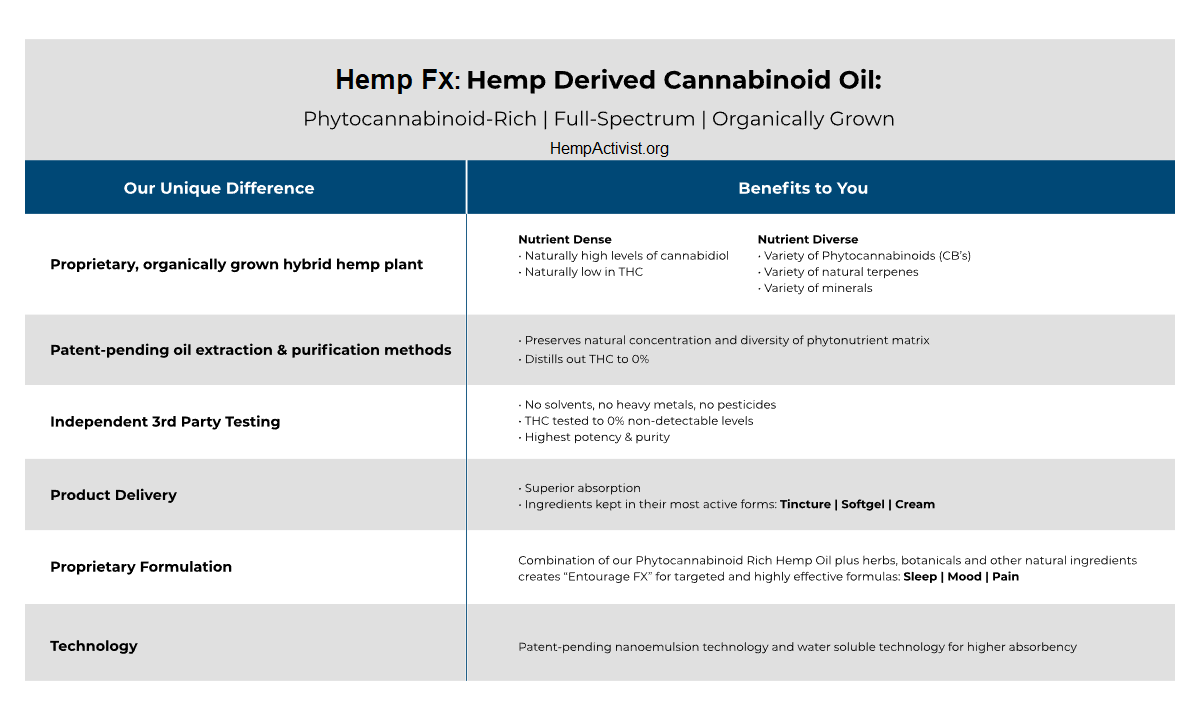
Nuture your body from the inside out with HEMP derived CBD Oil.

Grown in America | Organic | Gluten Free |Allergen Free | Full Spectrum Phytocannabinoid
CBD is the 2nd most prominent compound found in the cannibus plant. It has very strong anti-inflammatory properties. Not only does it help suppress inflammation but IT helps the body to not make the chemical that causes inflammation…so it also has somewhat of a preventative roll.
Canabadiol…has also been found to have anti convulsing properties. Many have found that they have less episodes of their seizures in that it can reduce the seizure threshold.
CBD has it’s own medicinal properties …it’s also been known to cause cancer cells commit suicide while preserving the normal cells.
CBD (Cannabidiol) is a chemical compound that comes from the hemp plant.
CBD is extracted and separated from specific varieties of cannabis. It is the second most abundant compound in cannabis, typically representing up to 40% of its extracts.
CBD is a compound that can be found in both psychoactive cannabis (marijuana) and non-psychoactive cannabis (hemp).
However, most legal CBD products that you find on the market will be extracts from hemp, because at this time federal law allows for the cultivation, processing and marketing of hemp and hemp products
How It Affects The Body
The body does create its own cannabinoids, called endocannabinoids, to help support our regulatory system.
This central system helps to keep our bodies balanced day to day, including: appetite, pain sensation, mood, memory, immune system functions, and inflammation control.
It’s very Similar to how we use vitamin C to kick start our immune system, CBD acts as a kick starter for these cannabinoids to to keep the receptors working at optimal capacity and to help the functions of the body’s central regulatory system.
CBD often gets mixed up with THC, it’s important to distinguish them as they have fundamentally different properties and benefits.
When you use THC, users to get “high.” Unlike THC, CBD is non-psychoactive (means it does not change your mood like the thc) because it does not act on the same pathways as THC. Which makes it impossible to get “high” by smoking or ingesting CBD or CBD oil extracted from industrial hemp plants,
Studies have shown that it can CBD protects the nerves and protects against brain injury.
